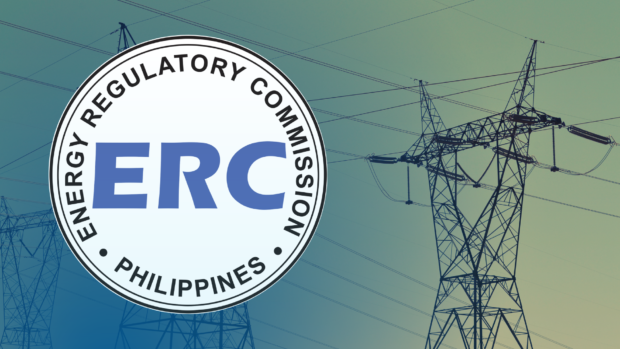Energy regulator to flex police powers versus erring firms

Energy Regulatory Commission (ERC) / STOCK
The Energy Regulatory Commission (ERC) has initiated discussions with the Department of Energy and the Department of Justice to strengthen its police power under the Electric Power Industry Reform Act (Epira).
“We already wrote [to the] DOE and met with [them] and DOJ so that we can enforce the imprisonment provisions, the ability to pursue prosecution for noncompliance with Epira and noncompliance [with] ERC rulings,” ERC chair Monalisa Dimalanta said.
The ERC discussed with the DOJ the procedure of filing cases to implement the imprisonment provision under the Epira law.
“What we’re trying to work out with DOJ is the procedure. Do we file the complaint as a complainant in the fiscal’s office and all these things?” Dimalanta said.
“That’s also one thing we want to do because, for example, you imposed a penalty or ordered a refund yet the erring entity did not comply, there’s nothing we can do,” she said.
Dimanlanta also said they are considering establishing a task force with the DOJ similar to the Bureau of Internal Revenue’s Run After Tax Evaders Program which investigates and prosecutes delinquent taxpayers.
The ERC has the power authorizing it to penalize any participant or player in the energy sector for violating any law, rule or regulations or abusing market power.
Under Epira, it can impose a fine of between P50,000 and P50 million if a firm is found guilty of “engaging in any anti-competitive behavior including, but not limited to, cross-subsidization, price or market manipulation, or other unfair trade practices detrimental to the encouragement and protection of contestable markets.”
Likewise, under the amended Public Service Act, the regulator can call on other agencies of government to enforce its rules.
The ERC is also seeking clearer roles in handling anti-competition issues in the energy sector.
“We believe we can improve and define the roles better, especially now that the commission is still building up the capability and the manpower to really handle competition cases. That’s the [Philippine Competition Commission’s] reason for being,” Dimalanta said.
“Maybe we can work together on those things first. Perhaps the PCC can investigate and then we will decide because, in legal terms, it’s anomalous to have the prosecutor also being the judge,” she added.
In 2019, the ERC and the PCC signed a memorandum of agreement delineating their respective roles in the investigation and review of unfair business conduct, abuse of dominant position and anti-competitive transactions in the industry. INQ
Read Next
Subscribe to INQUIRER PLUS to get access to The Philippine Daily Inquirer & other 70+ titles, share up to 5 gadgets, listen to the news, download as early as 4am & share articles on social media. Call 896 6000.
For feedback, complaints, or inquiries, contact us.
For all the latest Business News Click Here
For the latest news and updates, follow us on Google News.



